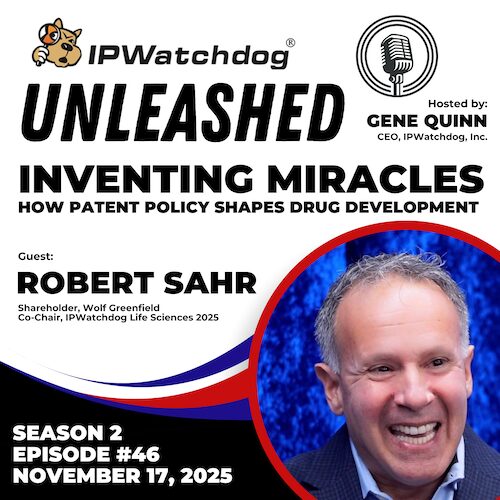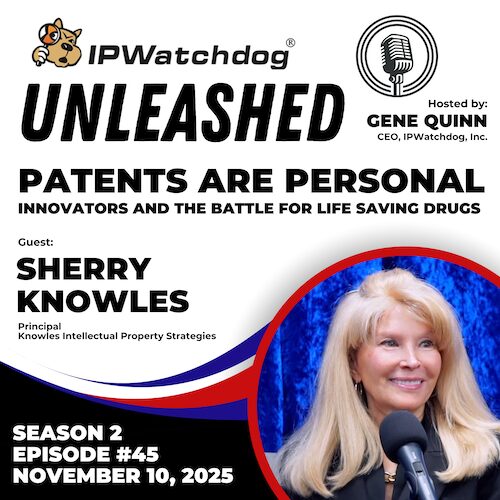“There is no protected property interest in selling goods to Medicare beneficiaries…at a price higher than what the government is willing to pay when it reimburses those costs.” – District Court for the District of Columbia
 The U.S. District Court for the District of Columbia on Thursday rejected Teva Pharmaceuticals’ challenge to the Medicare Drug Price Negotiation Program, granting summary judgment to the government. In the memorandum opinion, Judge Sparkle L. Sooknanan found that Teva’s claims either failed on the merits or were unripe. The case is one of several challenges to the validity of the 2022 Inflation Reduction Act’s (IRA) Drug Price Negotiation Program, which establishes a methodology for determining the price at which Medicare will reimburse drug costs incurred by Medicare beneficiaries.
The U.S. District Court for the District of Columbia on Thursday rejected Teva Pharmaceuticals’ challenge to the Medicare Drug Price Negotiation Program, granting summary judgment to the government. In the memorandum opinion, Judge Sparkle L. Sooknanan found that Teva’s claims either failed on the merits or were unripe. The case is one of several challenges to the validity of the 2022 Inflation Reduction Act’s (IRA) Drug Price Negotiation Program, which establishes a methodology for determining the price at which Medicare will reimburse drug costs incurred by Medicare beneficiaries.
Teva Pharmaceuticals USA brought the lawsuit against various officers and employees of the U.S. Department of Health and Human Services (HHS) and the Centers for Medicare & Medicaid Services (CMS) who implement the Drug Price Negotiation Program. Teva alleged that CMS’s guidance governing program selections is contrary to law and that the program itself violates the Fifth Amendment’s Due Process Clause. Teva manufactures AUSTEDO and AUSTEDO XR, which are used to treat involuntary movements associated with Huntington’s disease and tardive dyskinesia, and are included in the second round of negotiation.
This decision follows a similar ruling in Bristol Myers Squibb Co. v. Sec’y U.S. Dep’t of Health & Hum. Servs., in September, which also upheld the Medicare Drug Price Negotiation Program against challenges from Bristol Myers Squibb and Janssen Pharmaceuticals. The Third Circuit found that the program did not constitute a physical taking and did not violate the companies’ First Amendment rights.
In the present case, Teva argued that the IRA interferes with its protected property interest in its drug products, specifically its interest “to sell its products at a fair market value.” Teva claimed its entitlement to this interest arises from four sources: federal statute, course of dealing, common law, and patent rights. The court disagreed on all four points, finding that Teva had not demonstrated a deprivation of a property interest cognizable under the Fifth Amendment.
The court first addressed Teva’s argument that the Medicare statute’s prior prohibition on government interference in price negotiations created a “statutory entitlement” to set prices without government interference. The court found that Congress may “‘undo…statutory rights that it has created,’” and that Teva has no entitlement to constrain Congress’ authority to oversee its expenditures. The court also rejected Teva’s argument based on a “course of dealing,” stating that past drug sales under Medicare Part D do not create an entitlement to future sales. Similarly, the court dismissed Teva’s common law argument, explaining that participation in the Medicare program is voluntary and not a property interest for the Due Process Clause.
On the issue of patent rights, Teva argued that the IRA interferes with its protected property interest in its “drug products” because they are “entitled to a guaranteed exclusivity period” under patents, along with associated approvals, settlements, and licenses. While the court acknowledged that “patent rights exist to permit greater profits during a product’s exclusivity period to incentivize innovation,” it ultimately found Teva’s argument unpersuasive, citing AstraZeneca Pharms. LP v. Sec’y U.S. Dep’t of Health & Hum. Servs.
Referencing the Biotechnology Indus. Org. v. District of Columbia, the court stated that “the federal patent laws do not create any affirmative right to make, use, or sell anything.” The court then cited the AstraZeneca decision, noting that “where federal patent laws do not confer a right to sell at all, they do not confer a right to sell at a particular price.” Teva’s argument that a patent entitles it to sell goods at prices higher than a buyer would agree to pay fails to “resemble any traditional conception of property,” the court found, citing Town of Castle Rock, Colorado v. Gonzales.
The court explained that fair market value is the “price as would be fixed by negotiation and mutual agreement, after ample time to find a purchaser, as between a vendor who is willing (but not compelled) to sell and a purchaser who desires to buy but is not compelled to take the particular piece of property.” In the context of the IRA, the court said, that would be the negotiated price and further explained that the Drug Price Negotiation Program “only sets prices for drugs that [the Government] pays for when it reimburses sponsors.”
Ultimately, the court concluded that “there is no protected property interest in selling goods to Medicare beneficiaries…at a price higher than what the government is willing to pay when it reimburses those costs.”
“Patients have triumphed again with a 16th victory over Big Pharma: this time over Teva Pharmaceuticals, the only corporation that filed after its drug was included in the second round of negotiations,” said P4AD Executive Director Merith Basey. “Americans overwhelmingly support Medicare’s right to negotiate lower drug prices, and the courts continue to affirm that this program is constitutional and here to stay.”
The deadline for the second round of lower negotiated prices to be announced is November 30.
Image Source: Deposit Photos
AuthorMMPhoto21
Image ID: 788956412

![[IPWatchdog Logo]](https://ipwatchdog.com/wp-content/themes/IPWatchdog%20-%202023/assets/images/temp/logo-small@2x.png)

![[Advertisement]](https://ipwatchdog.com/wp-content/uploads/2025/11/Junior-AI-Nov-25-2025-sidebar-CLE-700x500-1.jpg)
![[Advertisement]](https://ipwatchdog.com/wp-content/uploads/2025/11/IP-Author-Dec-2-2025-sidebar-700x500-1.jpg)
![[Advertisement]](https://ipwatchdog.com/wp-content/uploads/2025/11/Juristat-Ad-Firm-Cost-Management-Nov-18-Dec-31-2025-Animated-Varsity-Ad-final.gif)
![[Advertisement]](https://ipwatchdog.com/wp-content/uploads/2025/11/PTAB-Masters-2026-sidebar-early-bird-700x500-1.jpg)







![[Advertisement]](https://ipwatchdog.com/wp-content/uploads/2021/12/WEBINAR-336-x-280-px.png)
![[Advertisement]](https://ipwatchdog.com/wp-content/uploads/2021/12/Ad-4-The-Invent-Patent-System™.png)






Join the Discussion
No comments yet. Add my comment.
Add Comment